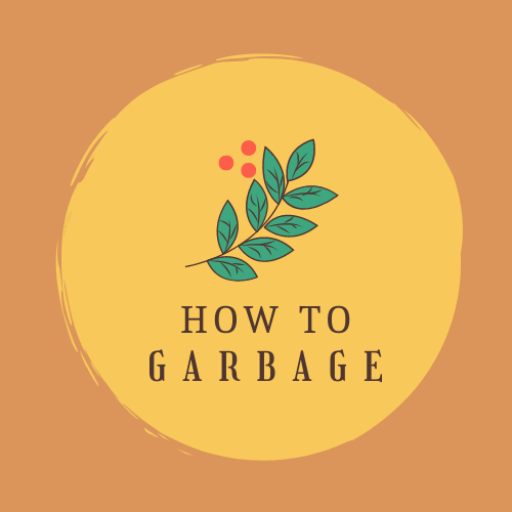Welcome to the ultimate guide on what is recycling, the basic rules to recycle, and what can be recycled with a recycling guide of accepted items in your bin.
Whether you’re new to waste treatment or have been doing it for years, here’s a guide to help you understand what it is, the basic rules for recycling, what can go into recycling bin, what can and cannot be recycled, and tips for disposing of correctly.
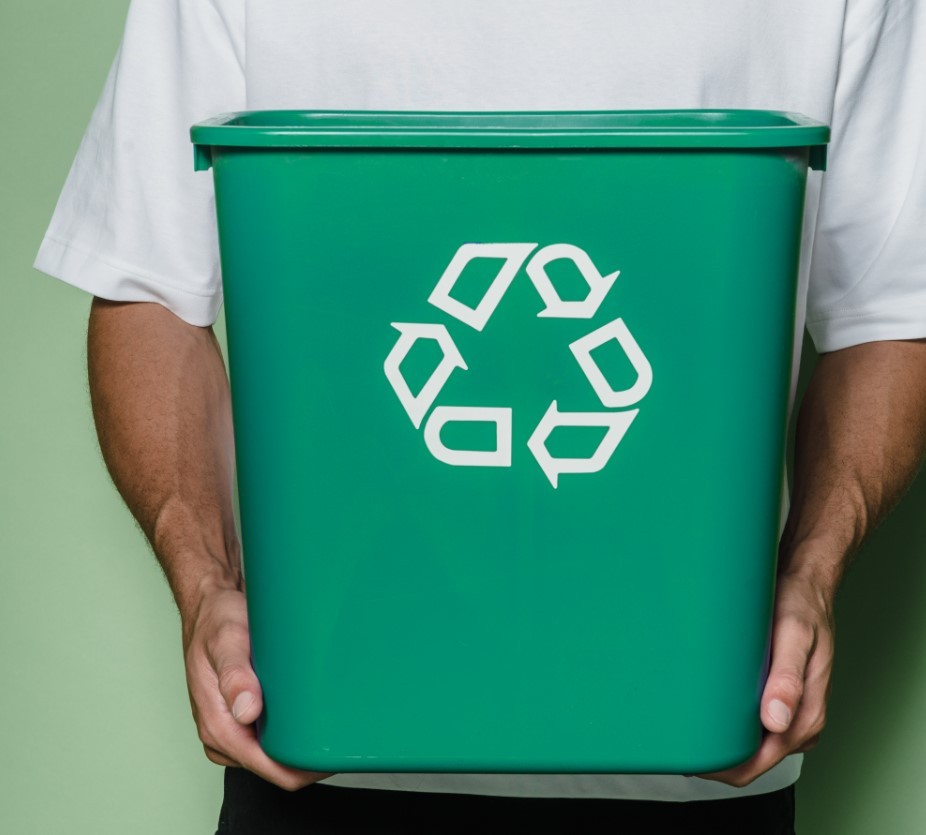
What is recycling?
The recycling process is one of the easiest ways to reduce waste and help protect the environment. Disposal helps keep resources out of landfills and conserve energy and natural resources and raw materials.
It also reduces pollution and helps create jobs in the recycling facilities and manufacturing industries. Recycling is a process of collecting and processing recyclable materials that would otherwise be thrown away as trash and turning them into new products, which can be reused.
What can go into recycling bin?
A recycling program accepts and sorts materials like plastic, glass products, paper, metal, cardboard, and other items placed and send them to manufacturers to be made into new products.
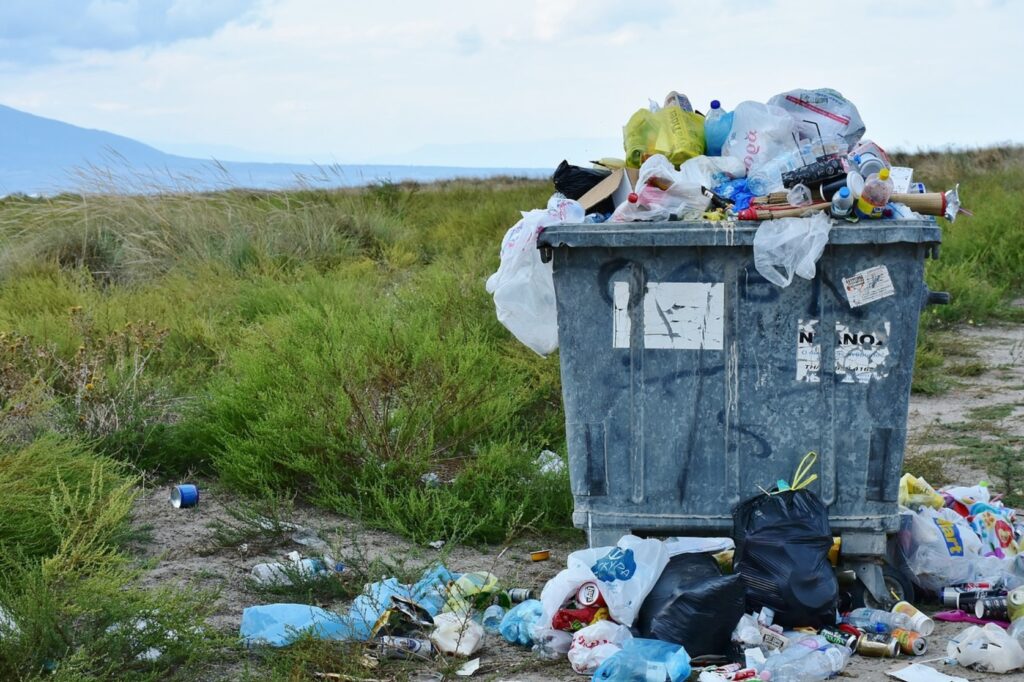
Basic rules to recycle
To make sure your recycling options are available and effective, it’s important to follow a few basic guidelines:
• Separate recyclable things from non-recyclable items.
• Place items in the appropriate bins (curbside recycling, blue recycling, landfill, compost, etc.)
• Make sure all items are clean and dry and also free of food residue.
• Do not place household hazardous and solid waste in the recycling bin.
Now that we’ve gone over the basics, let’s take a look at the recycling guide that will provide you with all the information you need to know about what can and cannot be recycled.
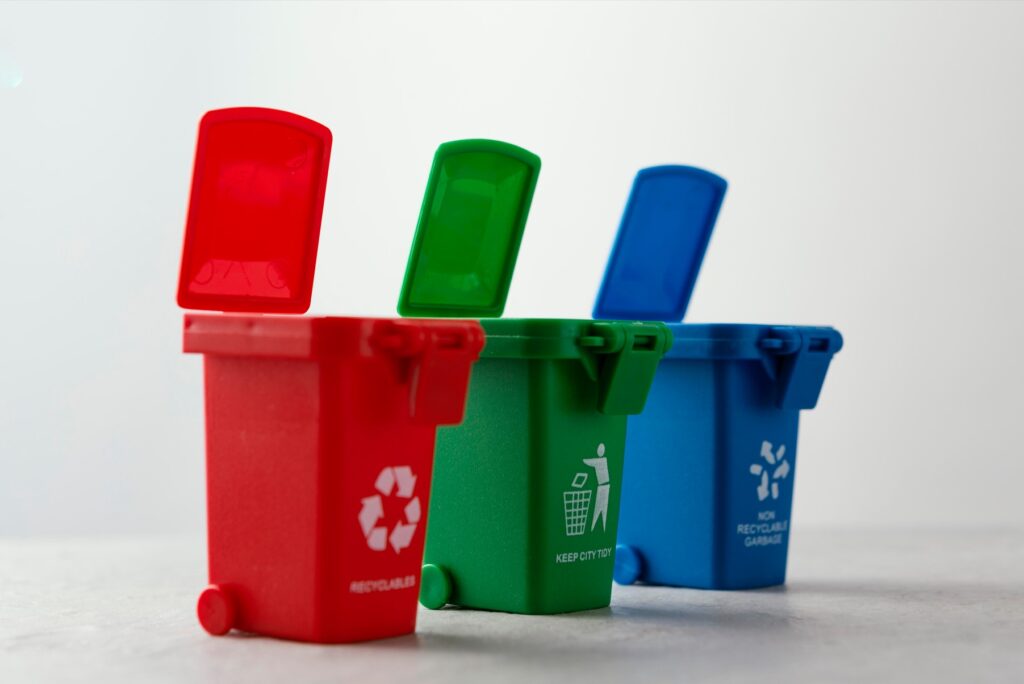
What types of things can and cannot be recyclable?
Recycling materials vary by local program. Almost all can be recycled, including:
- paper and cardboard
- glass bottles and jars
- food
- polystyrene foam
- containers
- metal lids
- magazines
- junk mail
- milk cartons
- caps
- plastic bottles and containers
- labels removed
- plastic cups
- plastic windows
- envelopes
- glass and beverage containers
- steel and tin cans
- remove plastic wrappings
- juice cartons
- boxes
- food scraps
- bulbs
- foil
- fluorescent tubes
- rechargeable batteries
- electronics
- old clothes
- textiles and shoes also can be recycled.
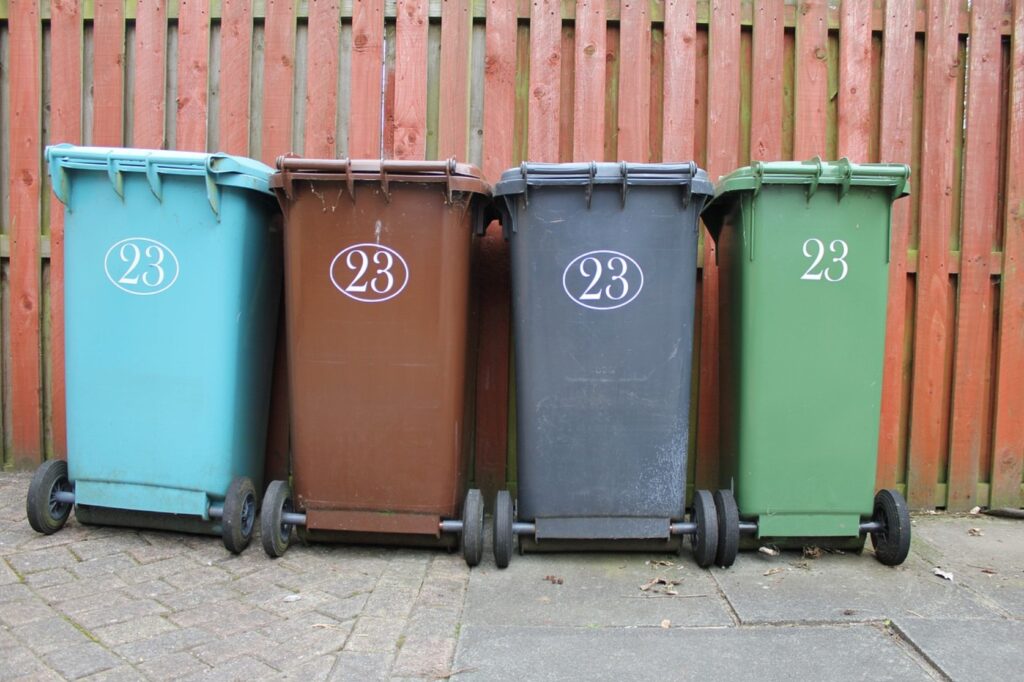
However, some items require special treatment and should not be placed in the blue recycling bin:
- aerosol cans
- plastic bags and wraps
- hazardous materials (spray paint)
- medical waste
- disposable diapers
- food waste
- glass or ceramics
- pesticides and herbicides
- light bulbs
- dirty diapers
- glass products
- single-use items
- wrapping paper
- lead acid batteries
- styrofoam
- yard trimmings
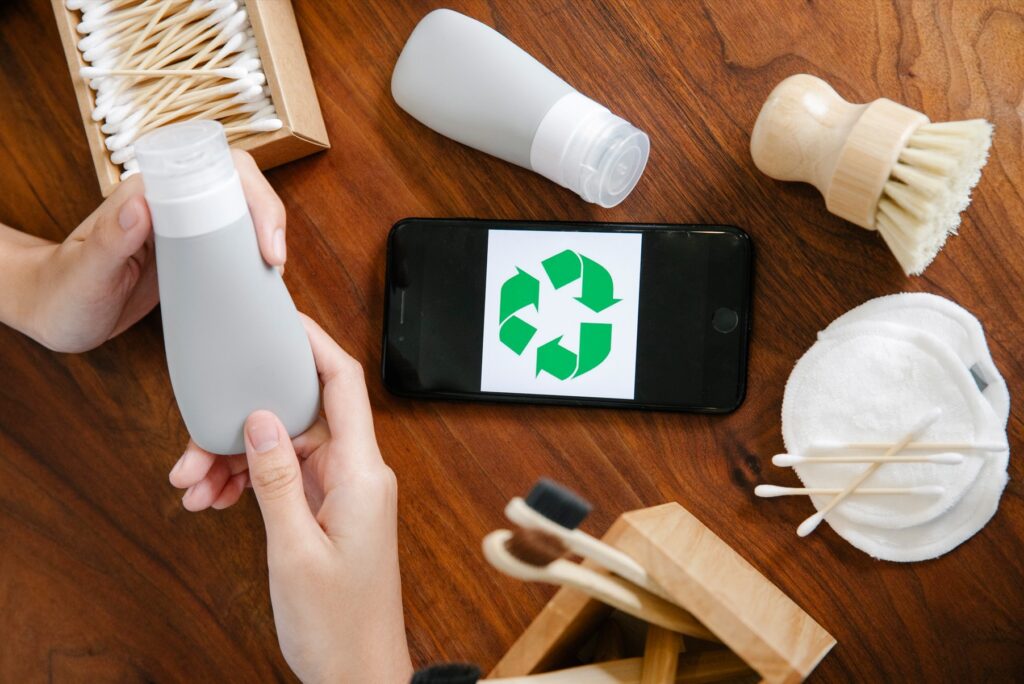
What can be recycled?
Most recyclable materials can be placed in your curbside recycling bin. When you need to dispose of these products, look for special collection events in your community or permanent collection centers. And try to draw the recycling symbol.
Items that can be recycled in your yellow lid bin:
- plastic and metal caps
- plastics lids
- paperback books
- plastic bottles
- containers (labels removed)
- magazines
- milk cartons
- plastic cups
- glass bottles and jars
- cardboard and paper products (remove plastic wrappings),
- envelopes
- polystyrene foam
- juice boxes and egg cartons
- cereal boxes
- steel and tin cans
- metal lids
- gift bags
- junk mail
- pizza boxes can be recycled, even if they have grease in them.
Each community handles it is recycling a little bit differently, but most cities have mandatory laws that require recycling collection and center operation. Different locations have different collection centers, collection sites, and recycling services, so check local regulations to see what things are accepted in your bin.
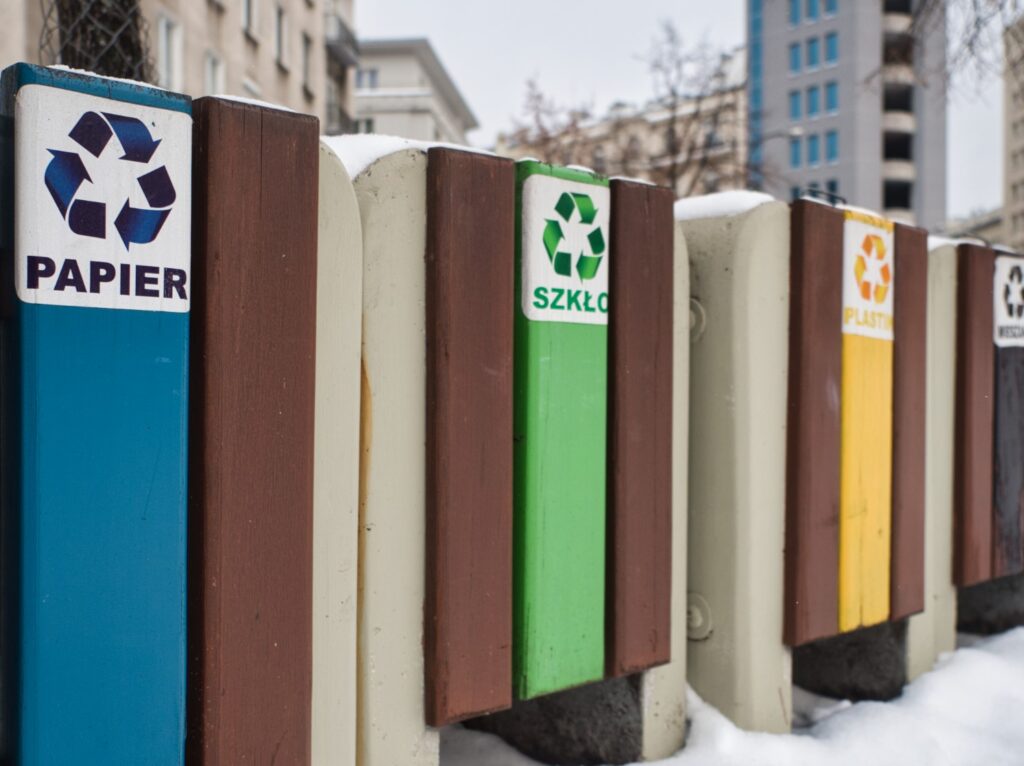
In addition to these basic materials, various other things can be recycled as well:
- shredded paper
- antifreeze
- yard waste
- rechargeable batteries
- bulbs and fluorescent tubes
- textiles and shoes and electronics (still in good condition)
What are 7 things that can be recycled?
1. Plastics
Over 35 million tons of plastics were created worldwide in 2018 and only 8.7 percent of them have been reused. Several kinds of materials like plastics cannot be incorporated into waste processing programs. Find out what kinds of plastics are accepted by your local recycler.
- bottles
- tubs
- jugs and jars
- container
2. Glass products
- bottles and jars
3. Paper
- magazines
- junk mail
- juice carton
- newspapers
4. Metal
- aluminum cans
- clean foil
- food trays
- steel and tin food cans
- erosol cans
- bottle caps
5. Jars
6. Plastic bottles
7. Containers
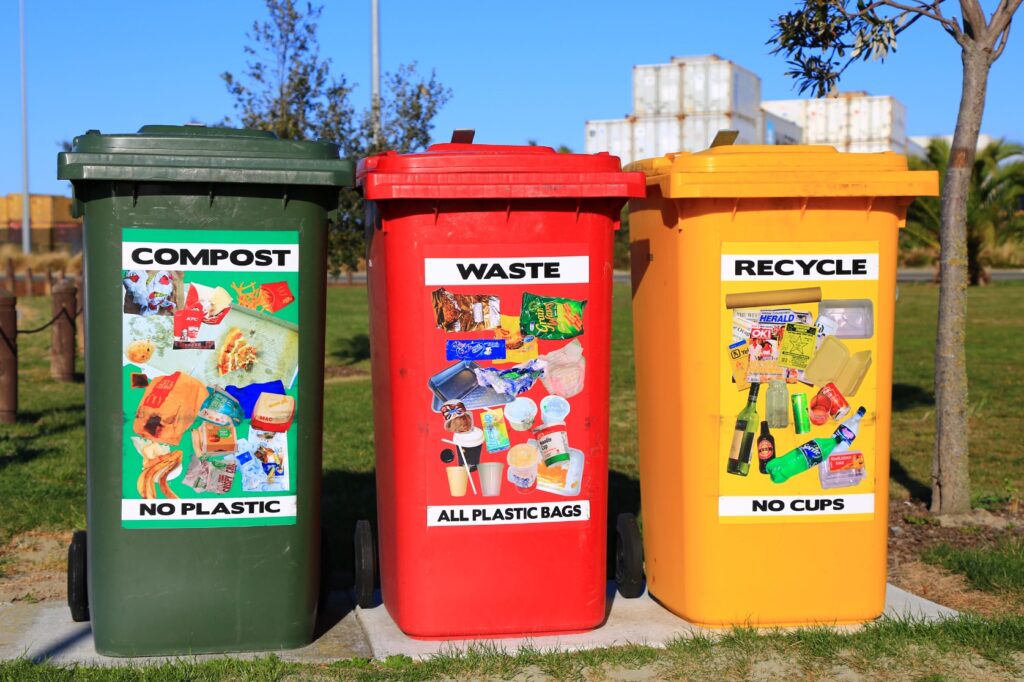
Accepted in your recycling bins
Most disposal programs accept a variety of materials, including:
- gift wrap
- caps
- milk cartons
- cardboard
- plastic cups
- juice cartons
- glass bottles and jars
- food scraps
- metal lids
- plastic bottles
- envelopes
- container and paper products
Unfortunately, the recycling rates for aluminum foil and aluminum food pans are nowhere near as high as for aluminum cans, and that is a situation you can help to rectify. Additionally, some local municipalities may also accept mixed recycling.
However, certain material require special handling, such as household hazardous waste, recyclable electronics, and rechargeable batteries.
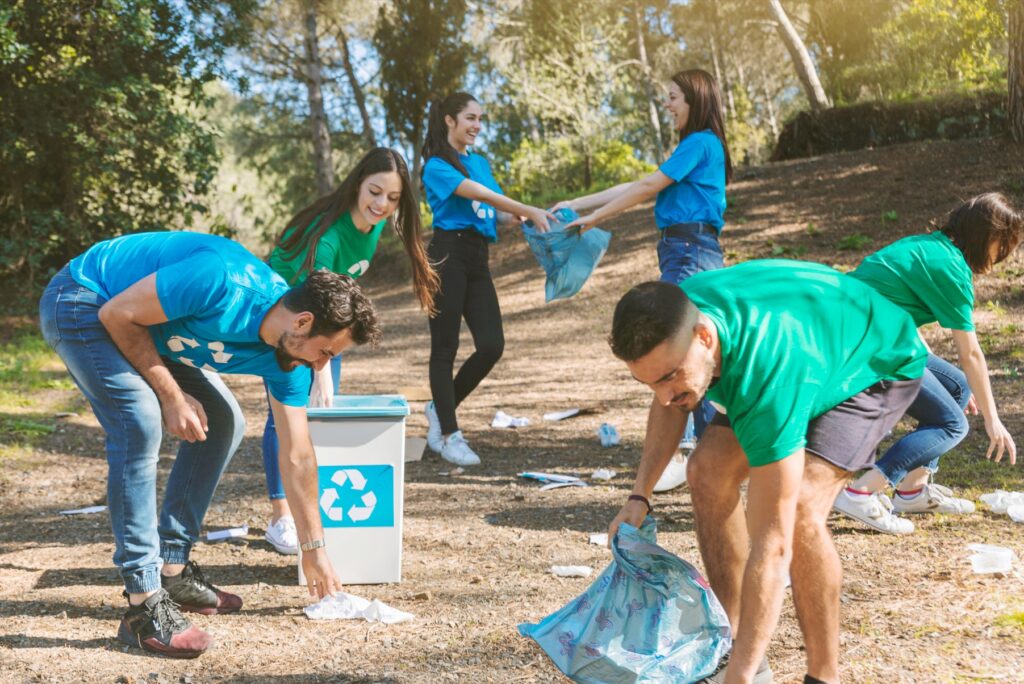
What can’t you put in recycling bins?
It is important to remember that not all items can be put in the blue bin. You should put them in the trash or the regular garbage or recycling bin.
- plastic bags
- food waste
- diapers
- glass or ceramics
- polystyrene foam pesticides and herbicides
- household hazardous waste
- medical waste
- aerosol cans
- motor oil
- solvents
- light bulbs
- fax machines and household garbage (spray paint)
- lead acid batteries
- dirty diapers
- single-use items
- wrapping paper
- glass products
- junk mail and yard trimmings
It is also important to remember that many types of plastic, such as those used for motor oil, require special processing and should not be placed in the recycling bin.
What are 3 things that cannot be recycled?
The three things that cannot be recycled are hazardous materials, plastic bags, and medical waste.
1. Plastic bags
Plastic bags should never be placed in the recycling bin as they can get caught in the machinery and contaminate other recyclable things. Plastic bags (grocery, dry cleaning, or trash bags)
2. Household hazardous waste
Hazardous materials, such as motor oil and pesticides, should never be placed in the recycling bin.
3. Medical waste
Medical waste is also not accepted in most waste processing programs and should be disposed of properly. These items should be brought to a local household hazardous waste collection center or special drop-off locations.
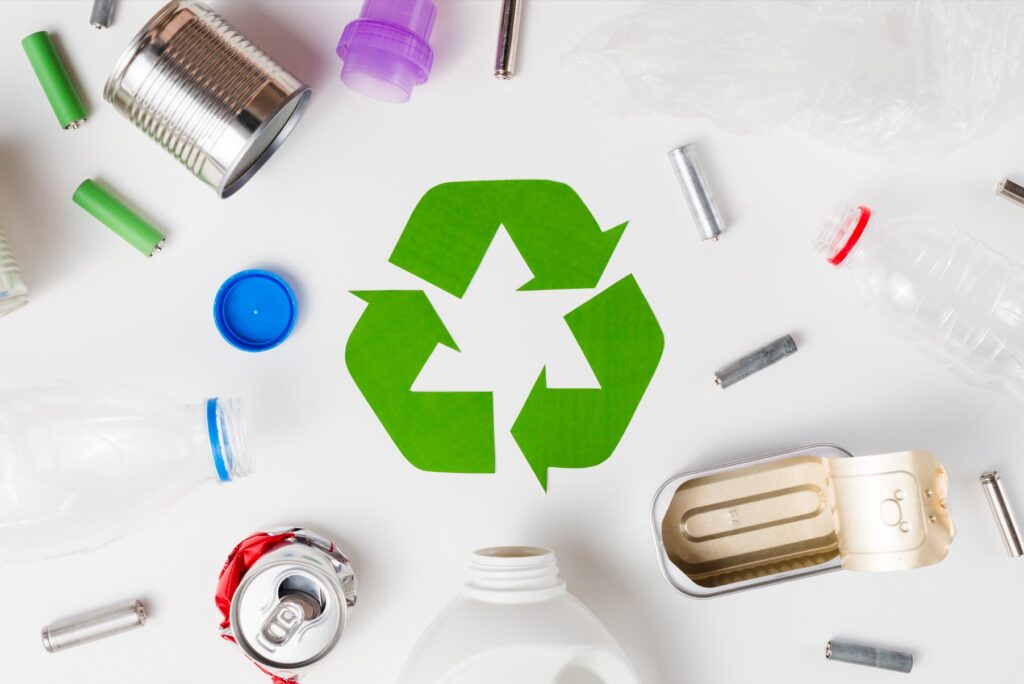
Not sure if something is recyclable?
The list of recycled products is constantly changing due to new technology and regulations. If you have any questions, reach out to your local waste management communities or consult a recycling guide for more information.
Most programs accept items like
- aluminum cans and containers
- remove plastic wrappings
- cardboard and paper products
- glass and beverage containers
- plastic windows
- plastic cups
- junk mail
- magazines
- metal lids
- food scraps
- plastic bottles
- plastic containers
- jars
- foil
- milk cartons and juice boxes
- steel and tin cans
- rechargeable batteries
However, some items require special treatment and may not be accepted in your local recycling services:
- plastic bags
- hazardous materials
- medical waste
- motor oil
- glass and beverage containers
- solvents
- dirty diapers
- lead acid batteries
- single-use items
- wrapping paper
- glass
- trash bags and yard trimmings
- If you’re unsure what to do with these items, you can check with your local waste management agency or contact your local recycling services for more information on proper waste disposal.
Conclusion
Recycling services help make the environment cleaner from trash, conserve energy and natural resources, reduce pollution, and create jobs in the recycling and manufacturing industries.
By following the basic rules to recycle and understanding what materials can and cannot be recycled, you can ensure that your recyclables are placed in the appropriate bins and are clean enough, dry, and free of food residue.
You can also check with your local recycling program to determine what things are accepted and what items require special processing.
By disposing of correctly, you’ll help reduce waste, boost your local recycling rate, add nutrients to the soil when you dispose of used items, and create new recycled products with recycled content. What’s more, you’ll also be contributing to reducing your environmental footprint and making a positive impact on our planet.
